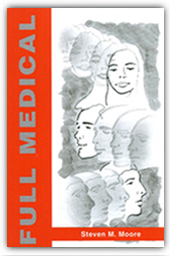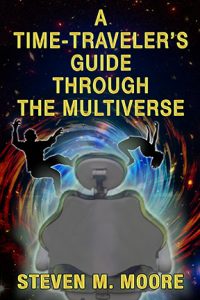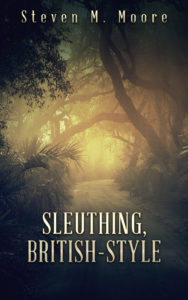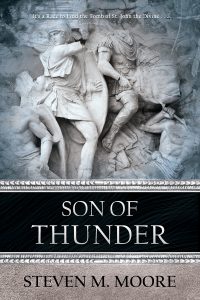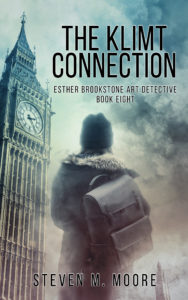The ChatGPT lawsuit…
September 27th, 2023Baldacci, Connelly, and other old mares and stallions in the Big Five’s stables ready for the glue factory have teamed up with Authors Guild to sue the distributors/inventors of this “AI program.” Let me begin with two important points here: First, that program is so far from being HAL that I can’t bring myself to call it AI. Second, all it does is surf the internet, a lot faster than a human, to be sure, “reads” all that it encounters (including those authors’ formalistic drivel), and then produces a story in the novelistic style of one of these authors. I can only give a shrug of indifference because I’ve stopped reading their works! (Many more entertaining and original stories are available!)
That said, is the use of ChatGPT legally or morally correct? First, the legal establishment is still slogging through 20th-century internet and programming evils, trying to catch up and control them. It can’t keep up: Most techies, legal or otherwise, are far more clever than any judge, jury, lawyer, or politician. (We know from recent events that the latter are especially stupid! And most techies are young and dumb enough to realize that ChatGPT can’t compare with HAL! The name AI isn’t an appropriate description of this software.)
Morally, and for authors and publishers, this debate is akin to the one about book piracy, especially ebook piracy. The latter is more common than authors and publishers like to admit, especially for ebooks because they’re just electronic files. That’s all ChatGPT does: Digest electronic files, manipulate their content, and produce ones in a similar style. If a result looks like Baldacci wrote it, is that any different than some book pirate taking one of his ebooks, turning it back into a Word file, stripping off David’s name and other ID markers, and republishing it? There are websites who sell these knockoffs. (I know because they even sell mine…under my own name.) In other words, ChatGPT is just another way to scam authors and publishers, so morality shouldn’t play any different role with ChatGPT than it does for book piracy, which is more rampant.
Of course, these “famous authors” have more to lose, and the Guild represents them and their greedy publishers a lot better than authors who self-publish (they’re never represented!) or those published by small presses (maybe the presses but not their authors?).
This problem with modern law enforcement is more general: Some activity can be banned easily enough (book piracy, including ChatGPT’s, for example), but the rules are irrelevant because the enforcement part is mostly missing. When that activity is ubiquitous, there just aren’t enough cops on the block. Not even Connelly’s cop hero Harry Bosch can do a damn thing about it!
***
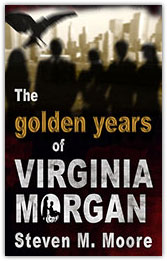 Comments are always welcome! (Please follow the rules found on the “Join the Conversation” web page.)
Comments are always welcome! (Please follow the rules found on the “Join the Conversation” web page.)
The Golden Years of Virginia Morgan. This novel is a bridge between the “Detectives Chen and Castilblanco,” “Esther Brookstone,” and “Steve Morgan” series of novels, and the “Clones and Mutants Trilogy” series; i.e., it’s part of my “Future History” series that covers thousands of years of alternate history. DHS Agent Ashley Scott witnesses a murder. Investigating it leads her to a conspiracy with multiple insidious and surprising threads that keep her and readers guessing. Retirees might become extremely worried as well, especially if they’re privy to government secrets! Available wherever quality ebooks are sold (even on Amazon).
Around the world and to the stars! In libris libertas!

